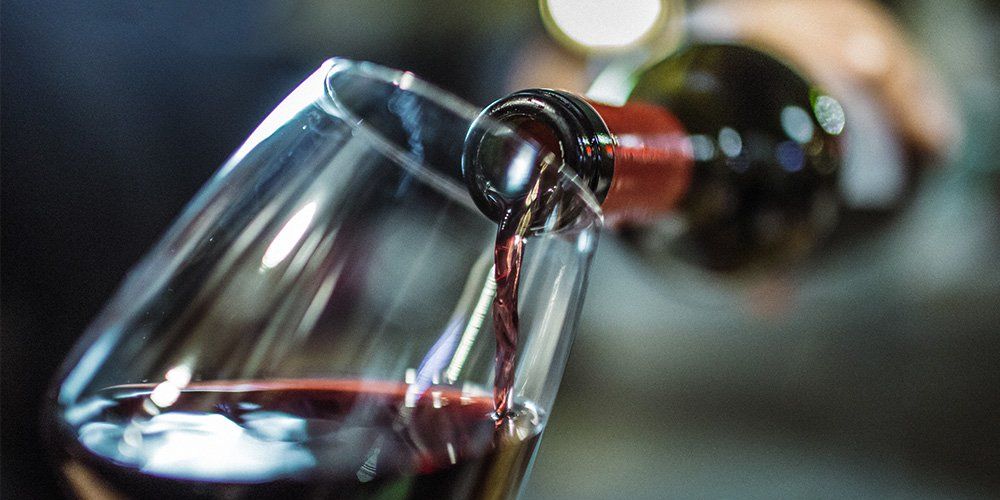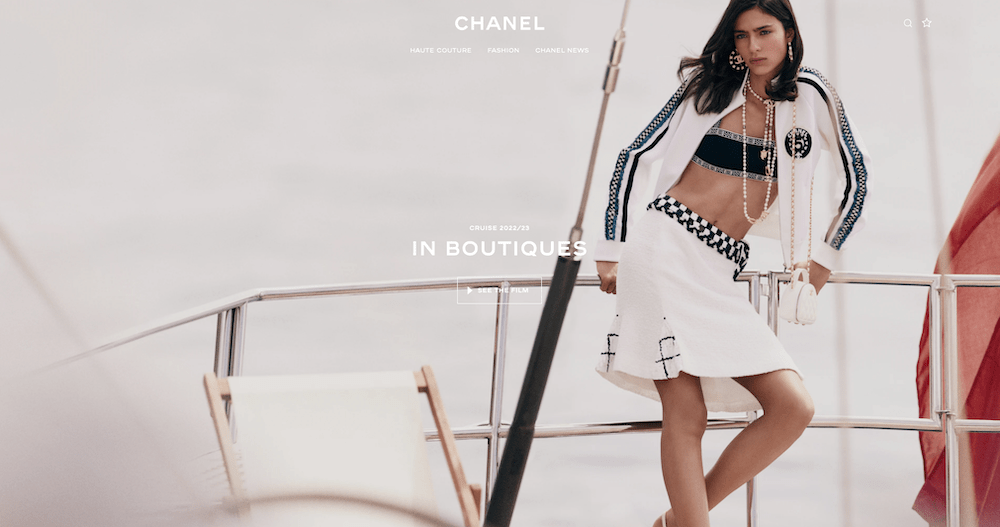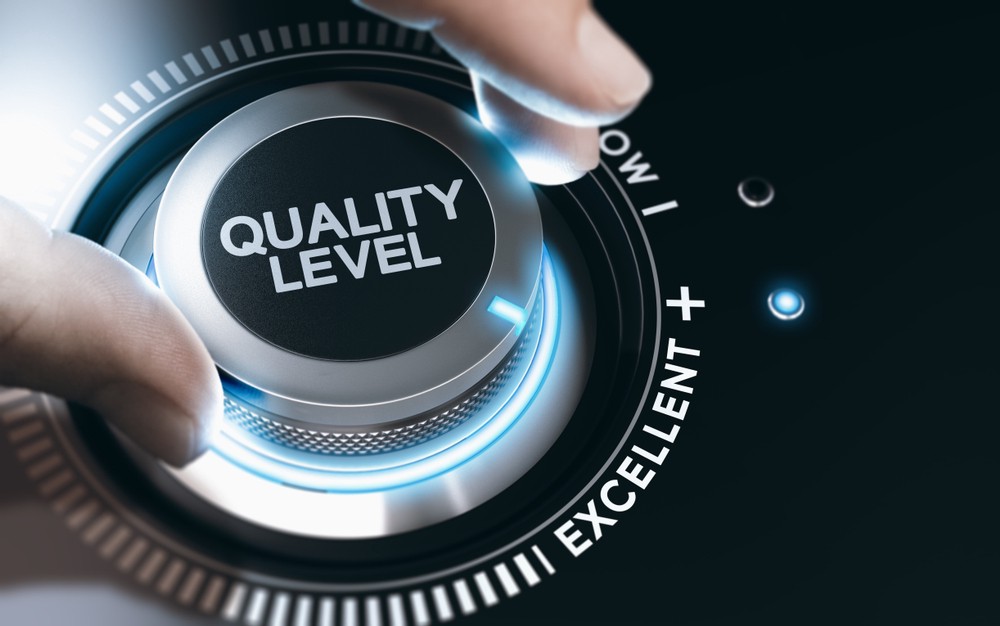We live in an era where we can all get almost anything we want to be delivered to our doorstep, as our appreciation of the convenience that ecommerce offers extends well beyond that of a convenience store. It is also thanks to the diversity of products available through an infinite variety of ecommerce retailers. But don’t be put off by its enormity, rarely does one retailer ever maintain a stranglehold or monopoly for long, and quality products and good service will always win through.
A more recent and trendy addition to this list is alcoholic beverages, with the top spearheading ecommerce sales categories being wine, beer, and spirits. Alcohol ecommerce is the next big D2C trend, with the global market projected to hit $42 billion this year. Like all the market segments, alcoholic beverages experienced a significant upsurge during the pandemic, leading to a 42% growth in alcohol ecommerce.
Where once footfall was king, so now ecommerce rules
There are two kinds of alcohol retailers, one that functions as an Amazon of drinks, meaning they source different liquors from producers, aggregate them in one location, and start selling (the B2B2C approach). Or, you are the producer and wish to sell your drinks directly to the consumers (the D2C approach.
Either way, you can employ ecommerce to sell beers, wines, or spirits online, legalities apply depending on your location, see here for the EU, and here for the US. However, when you shift your alcohol business online, the challenges increase exponentially. You have to figure out remote age certification, familiarise yourself with state, local, and country laws, and consider tax, compliance, shipping, etc.
Considering everything, a wine ecommerce solution that embraces leading-edge technologies seamlessly integrates with all required business systems and helps maintain all your online and offline sales on one channel just may be the solution for wine manufacturers and distributors. With powerful modern-age ecommerce solutions, you can establish a strong online presence and serve customers locally as well as globally.
The question, however, remains how can you leverage this digital opportunity successfully? To solve this equation, let’s first understand the challenges that might be holding you back from adopting all the accoutrements that complement an online presence successful outcome, lest you merely become a busy fool.
The necessity to capitalise on the opportunity that is ecommerce
Every business wants to maximize its profits, penetrate new markets, and adopt new practices and technologies. For vintners of all descriptions, embracing liquor ecommerce is a way to keep growing their business to enable a brighter more prosperous future. While wine ecommerce is a big part of that equation, many different technologies can simplify things for you.
These are often overlooked as a typical revenue stream ends at the point of supply of an aesthetically pleasing website. With some cajoling the more proficient ones appreciate the need for multiple additional plugins for the back end, to control aspects like shipping, finance and accounts, stock provisions etc, and the bright ones are beginning to appreciate AI technologies, especially for marketing.
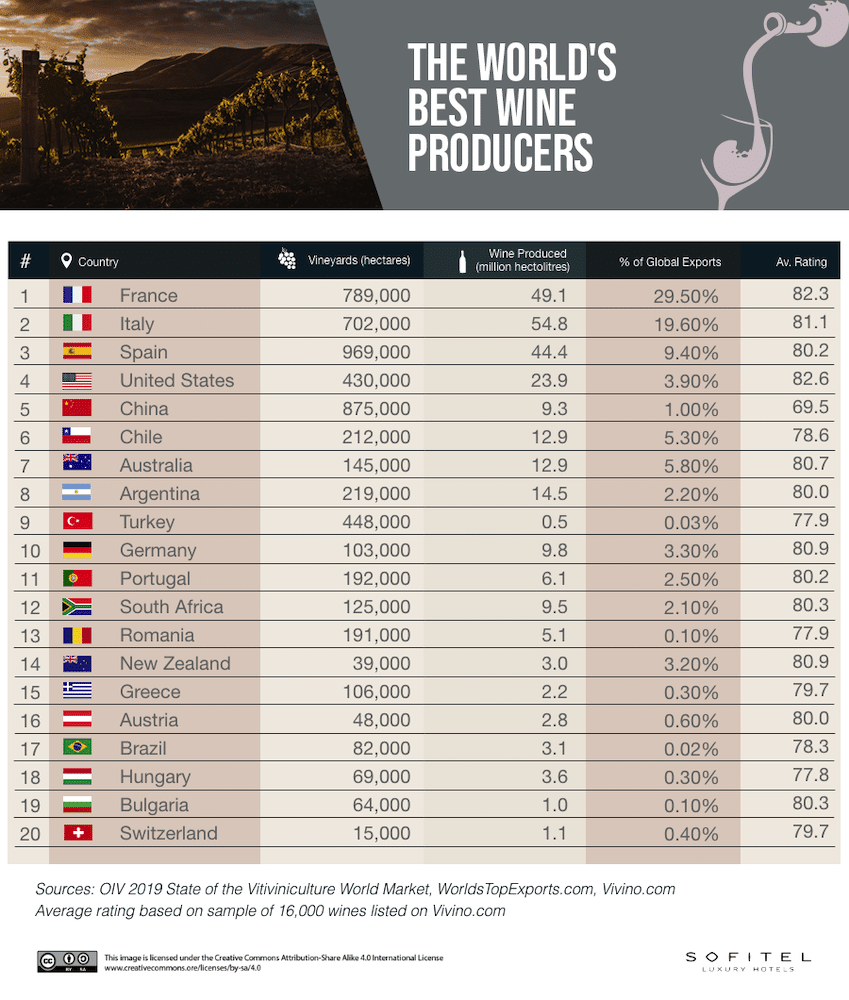
The D2C avenue in wine eCommerce
The D2C wine ecommerce market is worth billions of dollars with more than half of the wineries in the world considering the channel to be the fastest-growing in terms of sales. Further, reports suggest that wineries that sell directly to consumers yield higher profit margins than wholesalers. For small retailers, wine ecommerce is a perfect way to sell higher and faster, and to a larger group of consumers. While you can continue engaging with other B2B wine businesses, you can develop a taste for your beverages amongst consumers with a good wine ecommerce platform.
Consider these notable liquor and wine eCommerce marketplace success stories:
- Drizly, a liquor and wine eCommerce marketplace reported a 350% year-on-year increase in their eCommerce sales
- Wine.com, a premium wine speciality retailer, last year achieved a 115% increase in year-on-year sales
- ISWR, a drink market analysis company, reported an 80% increase in the overall value of alcohol ecommerce sales last year.
While shoppers are used to buying food and drink online, they eagerly look forward to browsing liquor ecommerce sites and getting a dose of happiness delivered to their doorstep. For renowned wine and alcohol sellers who might find it easy to attract audiences to their online stores, small and medium-sized sommeliers can indulge in tasting sessions, discounts, and offers to get more visitors and build a reputation for their tasteful drinks.
For that, wine sellers need to pivot the challenges around supply chain automation, speed and efficiency, transparency, personalisation, minimal error margins, and lower prices to succeed in the online B2B and D2C liquor and wine eCommerce marketplace.
Leverage innovative technologies to improve wine ecommerce operations
Technological innovations across production, sales, personalisation, order fulfilment, product recommendation, shipping and delivery are beginning to take over. Wine sellers are also:
- Testing sensors to help with vinification and wine aging, and adjusting the price of every bottle based on their aged number of years.
- Match customers with products as per their taste preferences and palettes with hyper-personalisation software that captures data for each consumer as they visit the site, the products they look at, return, and so on. This software also ranks every SKU based on their likelihood of imminent purchase.
- Leverage technologies and predictive algorithms to ease hyper-personalisation, assess what has been achieved, and capitalise on it.
- Implement alcohol ecommerce trends around triggered personalisation, omnichannel marketing, and email marketing to achieve the highest ROI.
- Innovate packaging solutions for boxed, canned, and single-serve wines.
Personalise, personalise, personalise
A good brand story is perfect for developing an initial connection with your shoppers. Combined with personalisation, you can position your wine ecommerce business for assured success.
Solution:
- Explore new ways of storytelling and marketing to detail how your wine is different from competitors. Highlight your wine’s origin, how artistic it is, and what makes it unique.
- Feature local artists on your bottle and website to emphasize the quality of your wine.
- Personalise your wine eCommerce site to encourage customer loyalty and average order value.
- These days a predictive personalisation solution using AI also handles your email marketing as part of that personalisation process, autonomously for you applying user behaviour and whatever their stage in the buying journey.
- Add preferred payment solutions to deliver localized checkout experiences.
- Implement analytics and reporting tools like Adobe Analytics to study market trends and user behaviours/preferences.
- Seamlessly integrate with competitive third-party systems like CMS, OMS, tax management, and inventory management tools to bring all metrics and users on a single dashboard.
Take a mobile-centric approach to your wine ecommerce business
While it is true that mobile ecommerce sales for wine, beers, and spirits are not promising, the rising trend around ecommerce denotes that it will become a preferred buying channel for users in the future. It is why you must equip your wine ecommerce website with responsiveness, agility, and scalability to boost your mobile sales.
Solution:
- Implement responsive UI/UX designs for your wine ecommerce website.
- Test your liquor and wine ecommerce marketplace’s speed and performance across devices and screens and optimise your brand’s experience for mobile.
- Don’t forget to check the legal age of all your website visitors.
- Build a social store for your wine ecommerce business and link it across all popular social media platforms.
Leverage customer data to create branded experiences across touchpoints
The power of data is immense especially when it allows you to know your customers better and push hyper-personalised communications across. This data is collected via marketing automation, social engagement, user journey mapping, mobile app usage, email interactions, and offline engagement at tasting events.
Solution:
- Wineries can leverage all this data to drive one-on-one inbound and outbound communication with consumers to personalise every interaction and optimise the wine ecommerce opportunity.
- Link technology, data, design, and cross-channel marketing to maximize business value and gain a unified view of every consumer.
- Create concierge customer service solutions where customers at a distance can seek the best taste for them.
- Integrate POS systems, compliance, inventory, fulfilment, and one-on-one behavioural marketing automation to personalise and optimise every touchpoint.
Implement modern wine ecommerce solutions with certified experts
While the wine ecommerce industry is still under development, the promising potential of a liquor and wine eCommerce marketplace is a significant driver for the wineries and wine producers, retailers and wholesalers. Partnering with a leading wine ecommerce solutions provider will help you leverage the right platform, third-party technologies, and external systems to build an agile, resilient, and scalable wine ecommerce revenue stream.
SwiftERM is a Microsoft Partner company.
